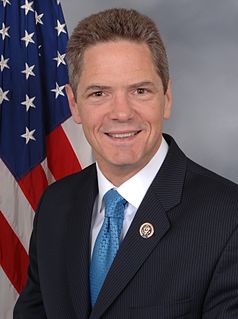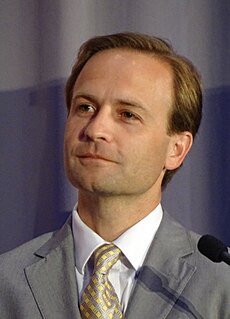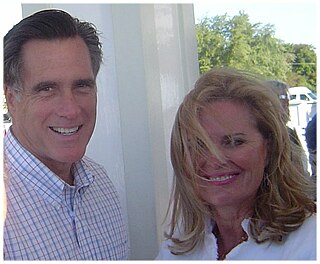| ||||||||||||||||||||
| Turnout | 3,156,531 | |||||||||||||||||||
|---|---|---|---|---|---|---|---|---|---|---|---|---|---|---|---|---|---|---|---|---|
| ||||||||||||||||||||
 County Results Snyder: 40–50% 50–60% 60–70% 70–80% Schauer: 40-50% 50–60% 60–70% | ||||||||||||||||||||
| ||||||||||||||||||||
| Elections in Michigan | ||||||||||
|---|---|---|---|---|---|---|---|---|---|---|
 | ||||||||||
| ||||||||||
The Michigan gubernatorial election of 2014 took place on November 4, 2014, to elect the Governor of Michigan, concurrently with the election of Michigan's Class II U.S. Senate seat, as well as other elections to the United States Senate in other states and elections to the United States House of Representatives and various state and local elections.

The Governor of Michigan is the chief executive of the U.S. state of Michigan. The current governor is Gretchen Whitmer, a member of the Democratic Party, who was inaugurated on January 1, 2019, as the state's 49th governor. She is eligible for a second term under Michigan's term limits, which limit a governor to only two, four-year terms.
The three classes of United States Senators are made up of 33 or 34 Senate seats each. The purpose of the classes is to determine which Senate seats will be up for election in a given year. The three groups are staggered such that all senators in each of the groups are up for election every two years, rather than having all 100 seats up for election at once. For example, the 33 Senate seats of class 1 were up for election in 2018, the elections for the 33 seats of class 2 will take place in 2020, and the elections for the 34 seats of class 3 will be held in 2022.
Contents
- Republican primary
- Candidates
- Polling
- Results
- Democratic primary
- Candidates 2
- Polling 2
- Results 2
- Minor parties
- Candidates 3
- Independents
- Candidates 4
- General election
- Debates
- Predictions
- Polling 3
- Results 3
- See also
- References
- External links
Incumbent Republican Governor Rick Snyder ran for re-election to a second term in office. [1] Primary elections took place on August 5, 2014, in which Snyder and former U.S. Representative Mark Schauer were unopposed in the Republican and Democratic primaries, respectively. [2]

The Republican Party, also referred to as the GOP, is one of the two major political parties in the United States; the other is its historic rival, the Democratic Party.

Richard Dale Snyder is an American politician, business executive, venture capitalist, lawyer and accountant who served as the 48th governor of Michigan from 2011 to 2019. He is a member of the Republican Party.

Mark Hamilton Schauer is an American politician, member of the Democratic Party and former U.S. Representative for Michigan's 7th congressional district, serving from 2009 to 2011.
Snyder was considered vulnerable in his bid for a second term, as reflected in his low approval ratings. [3] [4] [5] [6] The consensus among The Cook Political Report , [7] Governing , [8] The Rothenberg Political Report , [9] and Sabato's Crystal Ball [10] was that the contest was a "tossup". Snyder was saddled with a negative approval rating, while his Democratic opponent, former U.S. Representative Mark Schauer, suffered from a lack of name recognition. [11] [12]
The Cook Political Report is an independent, non-partisan online newsletter that analyzes elections and campaigns for the United States House of Representatives, the United States Senate, Governor's offices and the American Presidency. It was founded by political analyst Charlie Cook in 1984. Coverage of Senate and Gubernatorial races is headed up by Senior Editor Jennifer Duffy and coverage of House races is led by David Wasserman. Amy Walter serves as national editor.

Governing is a national monthly magazine, edited and published since 1987 in Washington, D.C., whose subject area is state and local government in the United States. The magazine covers policy, politics and the management of government enterprises. Its subject areas include such issues as government finance, land use, economic development, the environment, technology and transportation.
Stuart Rothenberg is an American editor, publisher, and political analyst. He is best known for his biweekly political newsletter The Rothenberg Political Report, now known as Inside Elections. He was as also regular columnist at Roll Call and an occasional op-ed contributor to other publications, including The Wall Street Journal, The Washington Post, The New York Times, and The Orlando Sentinel.
Snyder was re-elected with 50.9% of the vote.















